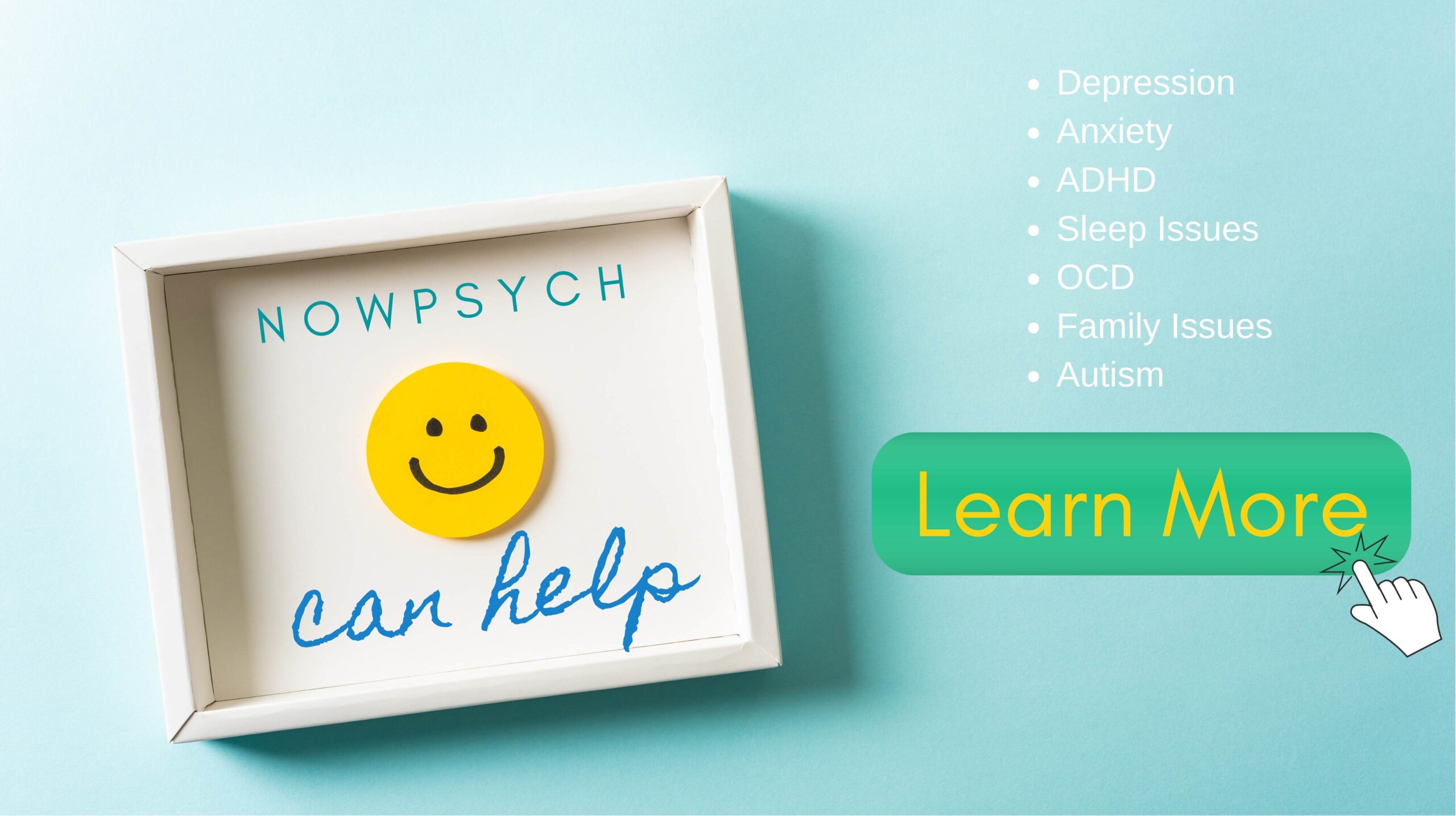Think your child might be dealing with Childhood Schizophrenia? Bipolar? Autism? It can be confusing to know how exactly to help them with such tricky symptoms. The best way to get a good analysis of what your child is dealing with is to inquire with a Child Psychiatrist.
Breaking Down Childhood Schizophrenia
The diagnosis of childhood schizophrenia is typically quite unique from that of bipolar with or without autism. The key differentiators are best found when reviewing the history of childhood symptoms.
Major impairments with social reciprocity, language and a presence of stereotypic behaviors in childhood, might suggest further exploring a diagnosis of autism. Most children dealing with childhood schizophrenia diagnosed as an adult can recall some childhood symptoms, but the symptoms are not typically as impairing as seen in autism.
Autism
Childhood schizophrenia is typically differentiated from Autism in youth by the presence of auditory hallucinations, visual hallucinations and paranoid delusions. A family history of schizophrenia may also lend credence toward a diagnosis.
Children with Autism may seem to respond to internal stimuli (outward signs may be speaking to themselves or acting as if there is something or someone else present), as children with schizophrenia may do, however, this is typically in the context of stress or anxiety (such as a change in a routine or when faced with a non-preferred activity).
How Bipolar Disorder Differs
Bipolar disorder, when it presents in the under 18 population, typically occurs later in adolescence (13–17). In a child with Autism, the classical symptoms of social interaction, communication deficits and restricted repetitive movements must be present within the early developmental period.
A child, or more typically an adolescent with autism, may experience mania, a mood episode required to diagnose bipolar disorder. The mania comes on abruptly and presents as grandiosity, pressured speech and euphoria or irritability. These children typically have a family history of Bipolar I disorder.
An evaluation by a child psychiatrist is recommended to determine the diagnosis. It may take several sessions or perhaps several months to fully diagnose this condition.






